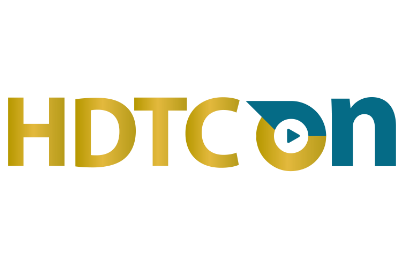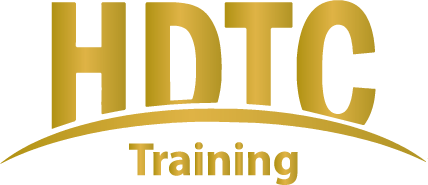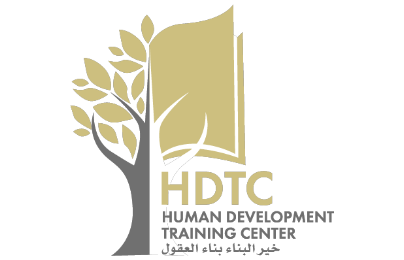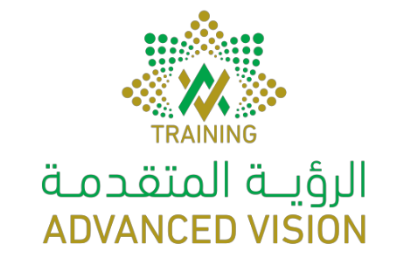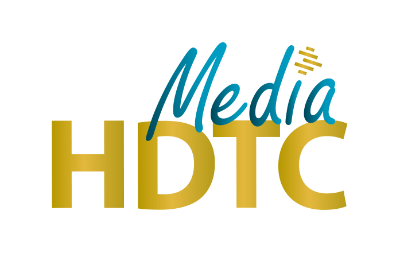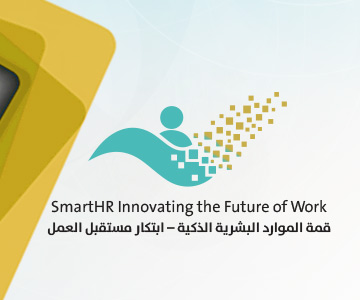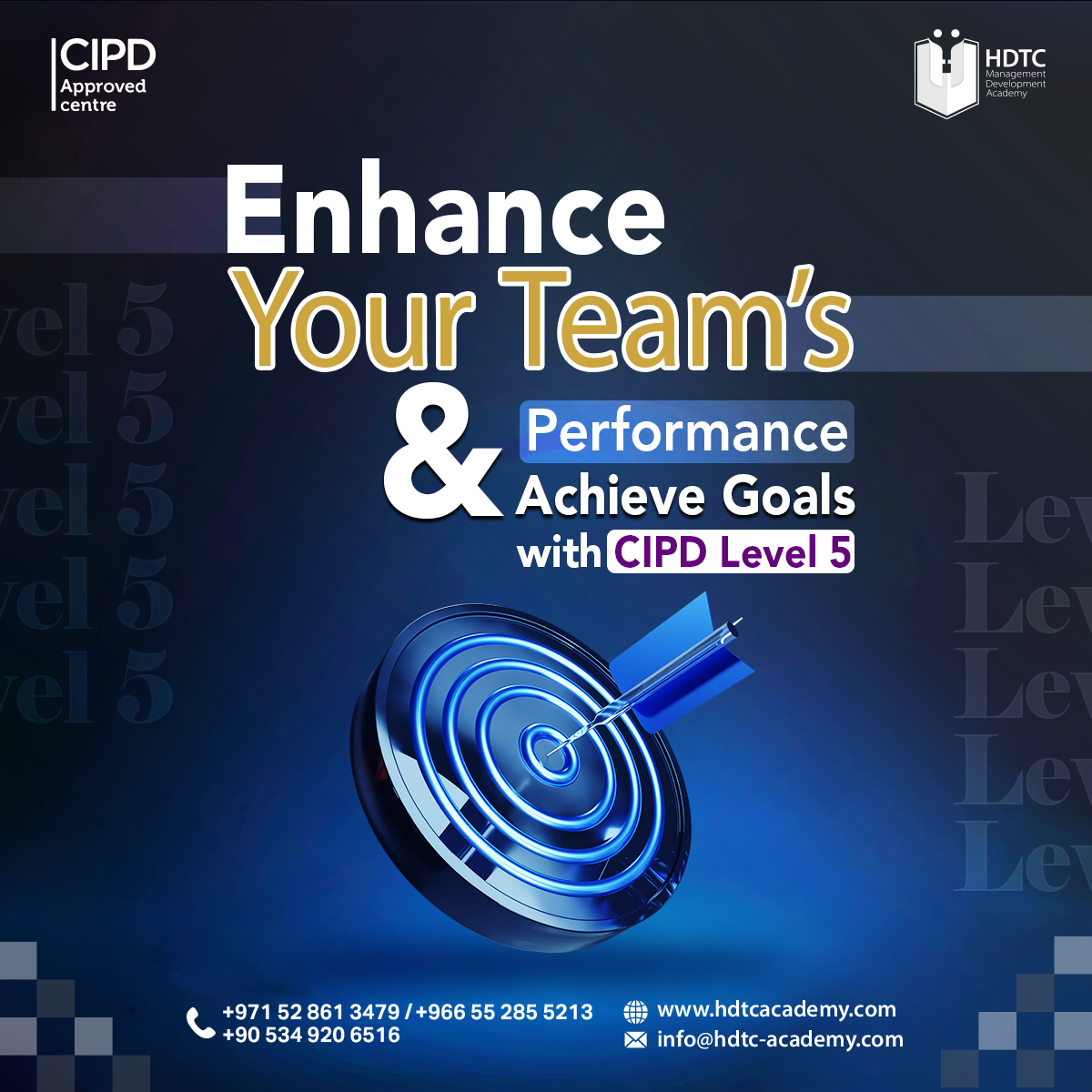:
1894
CIPD Level 5 Associate Diploma in People Management
The CIPD Level 5 Associate Diploma in People Management is a mid-level qualification tailored to individuals aiming to enhance their human resources (HR) and people management expertise. Below is a comprehensive overview addressing each of your queries
Course Info
- Strategic HR Understanding: Develop a deeper comprehension of how HR functions align with and support organizational objectives.
- Advanced People Management Skills: Equip learners with the ability to manage and develop organizational talent effectively.
- Analytical Decision-Making: Foster the ability to make informed, evidence-based decisions in people management practices.
The diploma encompasses several core and specialist units, including:
Core Units:
Organizational Performance and Culture in Practice:- Explore the connections between organizational structure, strategy, and culture.
- Understand external factors and trends impacting organizations.
- Examine the impact of technology on work.
- Learn about different approaches to managing change and the importance of employee well-being.
- Develop critical thinking and decision-making skills.
- Learn to apply evidence-based approaches to diagnose organizational issues.
- Understand various decision-making processes and ethical perspectives influencing decisions.
- Measure the impact and value of people practices.
- Understand the role of a people professional and the importance of ethical practice.
- Promote inclusivity and fairness in the workplace.
- Reflect on personal strengths and development areas.
- Commit to continuous professional development (CPD).
Specialist Units:
Employment Relationship Management:- Examine strategies for managing employee relations and fostering engagement.
- Understand different forms of conflict behavior and dispute resolution.
- Learn to manage performance, disciplinary, and grievance matters lawfully.
- Understand the role of employee bodies in employment relations.
- Analyze contemporary labor market trends and their impact on resourcing decisions.
- Understand the purpose and importance of workforce planning.
- Develop strategies for talent management, including recruitment, retention, and succession planning.
- Recognize the benefits of diversity in building and supporting talent pools.
- Understand the principles of reward and its impact on culture and performance.
- Learn to design and implement reward policies and practices.
- Use benchmarking data to inform reward approaches.
- Understand the legal requirements affecting reward practices.
- Enhanced Career Prospects: This qualification prepares you for mid-level HR roles, such as HR Manager or HR Business Partner.
- Increased Earning Potential: Professionals with a CIPD Level 5 qualification often experience salary advancements.
- Professional Recognition: Achieving this diploma grants eligibility for CIPD Associate Membership, enhancing your professional credibility.
- HR professionals seeking to advance to mid-level positions.
- Individuals with some HR experience aiming to deepen their knowledge and skills.
- Managers looking to formalize their people management expertise.
While there are no formal prerequisites, it is recommended that candidates have some experience in an HR role or a related field.
- Professional Growth: Demonstrates a commitment to the HR profession and continuous learning.
- Competitive Advantage: Differentiates you in the job market, showcasing advanced HR competencies.
- Networking Opportunities: CIPD's extensive network of HR professionals and resources.
- Mid-Level Roles: Positions such as HR Manager, HR Business Partner, or Employee Relations Manager.
- Specialist Roles: Opportunities in areas like Talent Management, Learning and Development, or Compensation and Benefits.
- Progression: Serves as a pathway to senior HR roles and further CIPD qualifications, such as the Level 7 Advanced Diploma.
- Assessment Method: Each unit is assessed through written assignments that demonstrate your understanding and application of the subject matter.
- Submission: Assignments are typically submitted online and evaluated by CIPD-approved assessors.
- Duration: 21 days, delivered in 7 units of three days each (Monday – Wednesday), Typically 8-10 months, with up to 18 months of support available
